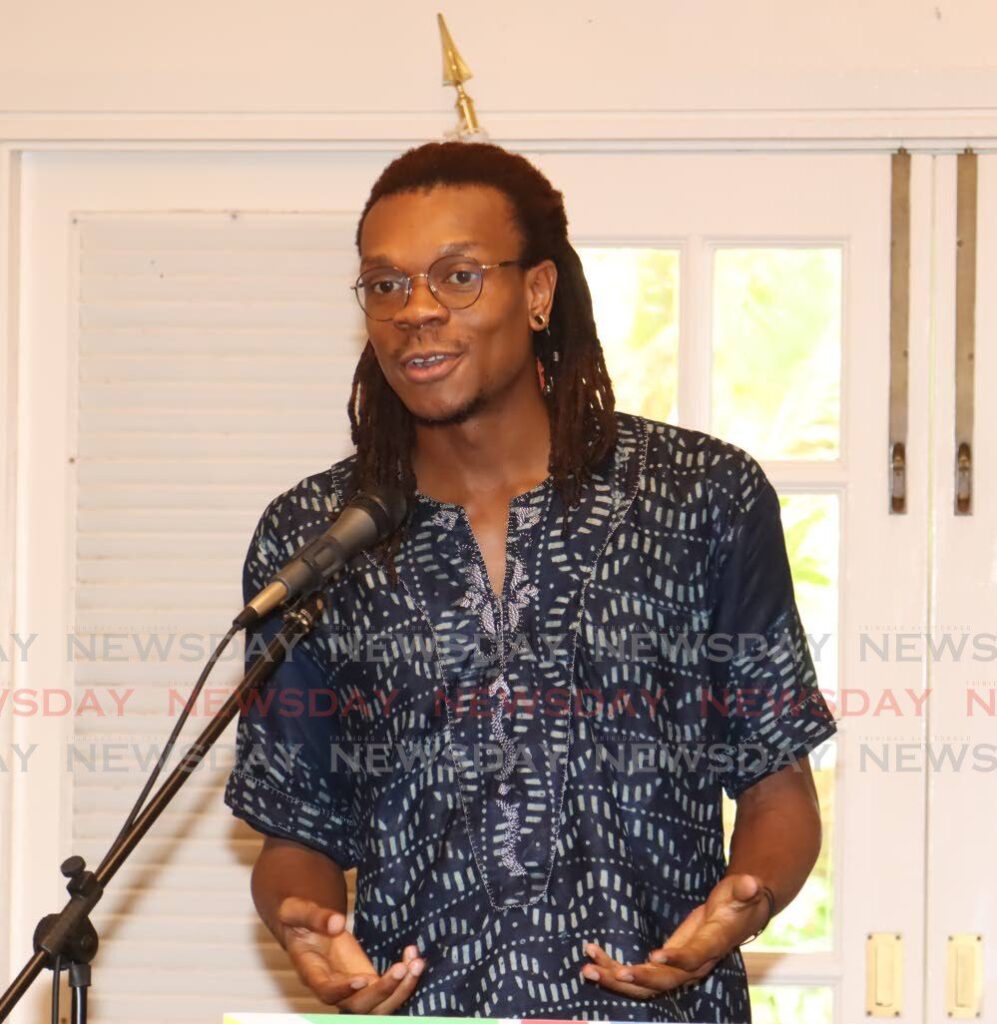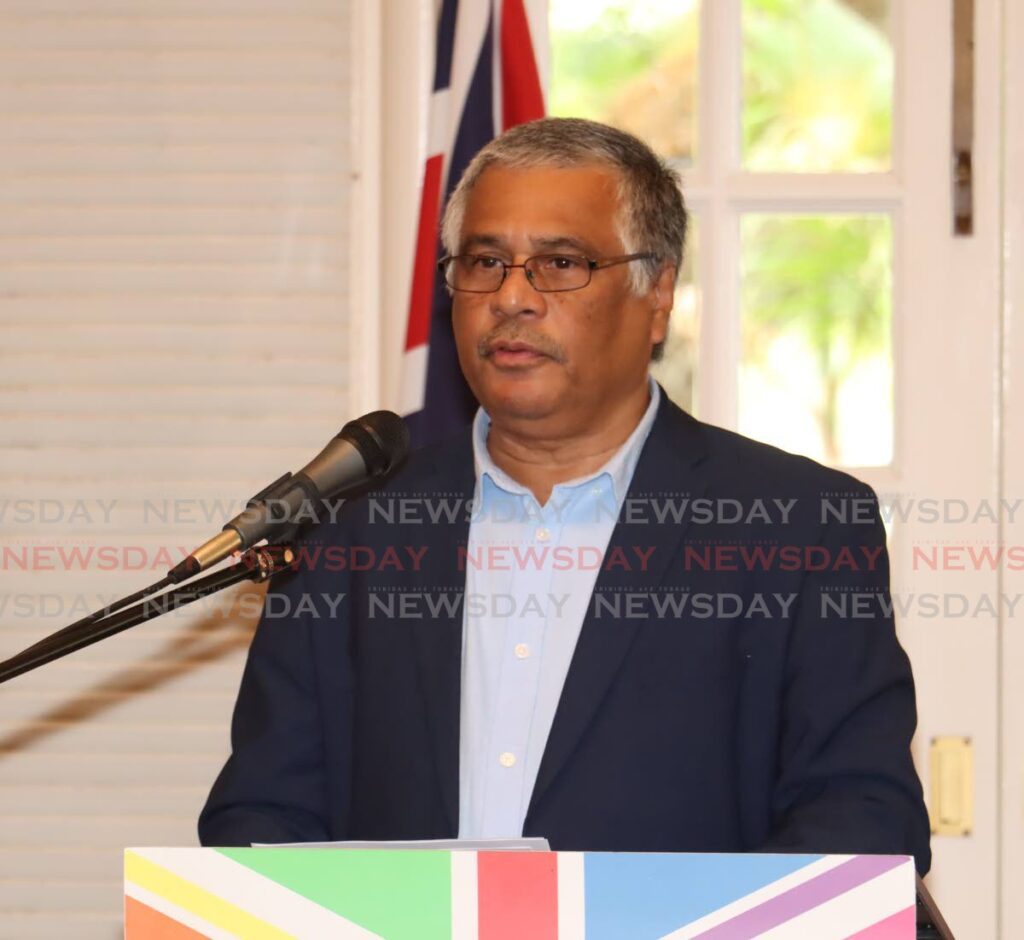UK High Commission, MIC to train media on LGBT+ reporting

MEMBERS of the LGBT+ community are calling on the media to be cautious of dehumanising its members when reporting their stories.
Those sentiments were shared at the British High Commission's launch of From Data to Dialogue: Engagement, Empowerment and Equity, at the high commissioner's official residence in Maraval. The launch took place on May 17, the International Day against Homophobia, Biphobia and Transphobia (IDAHOBIT).
The commission said the UK AID-funded project sets out to train journalists and media practitioners on LGBT+ reporting in Trinidad and Tobago. It will also comprehensively examine and review the perspectives in local media and aim to create an opportunity for learning and understanding that does not currently exist. The initiative is being undertaken in collaboration with the Media Institute of the Caribbean (MIC).
Speaking to Newsday after the launch, Raye Alibey, a member of the TT Transgender Coalition, said though there had been some positive change in the way the media presented issues relating to the LGBT+ community, there had been disheartening instances of regressive reporting.
Alibey said, “We were really enjoying the change in expression from the media – then came 2023.
"There was an article about Goldie. Goldie was about 21 years of age, and I was so disheartened when I read the scandalous and sensational way they put the 'cross-dresser was found in a panty' or something like that.
"Why is that necessary? Somebody’s child was murdered, somebody’s friend, someone of value to somebody else. When one life is taken, everything connected to that life is taken. Everything is disrupted, and this is what you put in the paper? 'A cross dresser in a panty,' as if nothing about this person is human any more.”
“This is what I want from the media: do not dehumanise us. When you dehumanise people it becomes very easy for people to do vile things to them. The dehumanising makes it easy to say, 'This is not a human, I can do these things to them.'
"We need the media to bring back the humanity of people when they are telling these stories."
Also speaking to Newsday after the event, CAISO: Sex and Gender Justice research officer Kellog Nkemakolam said relationship-building between the LGBT+ community and the media was important especially because they shared an interest.
Nkemakolam said, “I think there are ways that the media industry and the LGBTQ are intimately related, and that is freedom of expression.
"So when we think about the ways we identify and report stories surrounding the movement, if it is done in a way that suggests it is okay to curtail freedom of expression for a person of trans experience, then your right in the media is affected, because it signals to the powers that be that freedom of expression is not important.
"This is why continuous relationship-building between the media and everyone else is necessary.”
British High Commissioner to TT Harriet Cross, in her remarks at the launch, said she hoped the project would create a space of dialogue that fostered a more inclusive society.
“In delivering this project, we are not only helping to expose the excellent journalists from TT to the best LGBT+ reporting, but also we are helping to dispel stereotypes and myths about LGBT people.
"In the long run, this will create a space for dialogue, understanding and empathy, which are key ingredients for a more inclusive and just society.”

Vice-president of the MIC Wesley Gibbings also addressed the launch. He said the institute was honoured to be a part of the effort to assist in improving journalism on matters related to LGBT+ in TT.
He said the (IDAHOBIT) tagline for this year, No One Left Behind: Equality, Freedom and Justice for All, addressed the extent to which the media were capable of contributing to the notion of rights being universal and inalienable without being subdivided for convenience.
Gibbings added, “The interdependence of rights also implies that as beneficiaries of freedom of the press and wider freedom of thought and expression, journalists are encouraged to acknowledge other rights as a matter of professional performance.
"This subject is also about wider societal behaviours at the public and private levels. The question arises whether our journalism is or is not contributing to negative stereotyping and active discrimination when it comes to the LGBT+ community in our country.”

Comments
"UK High Commission, MIC to train media on LGBT+ reporting"